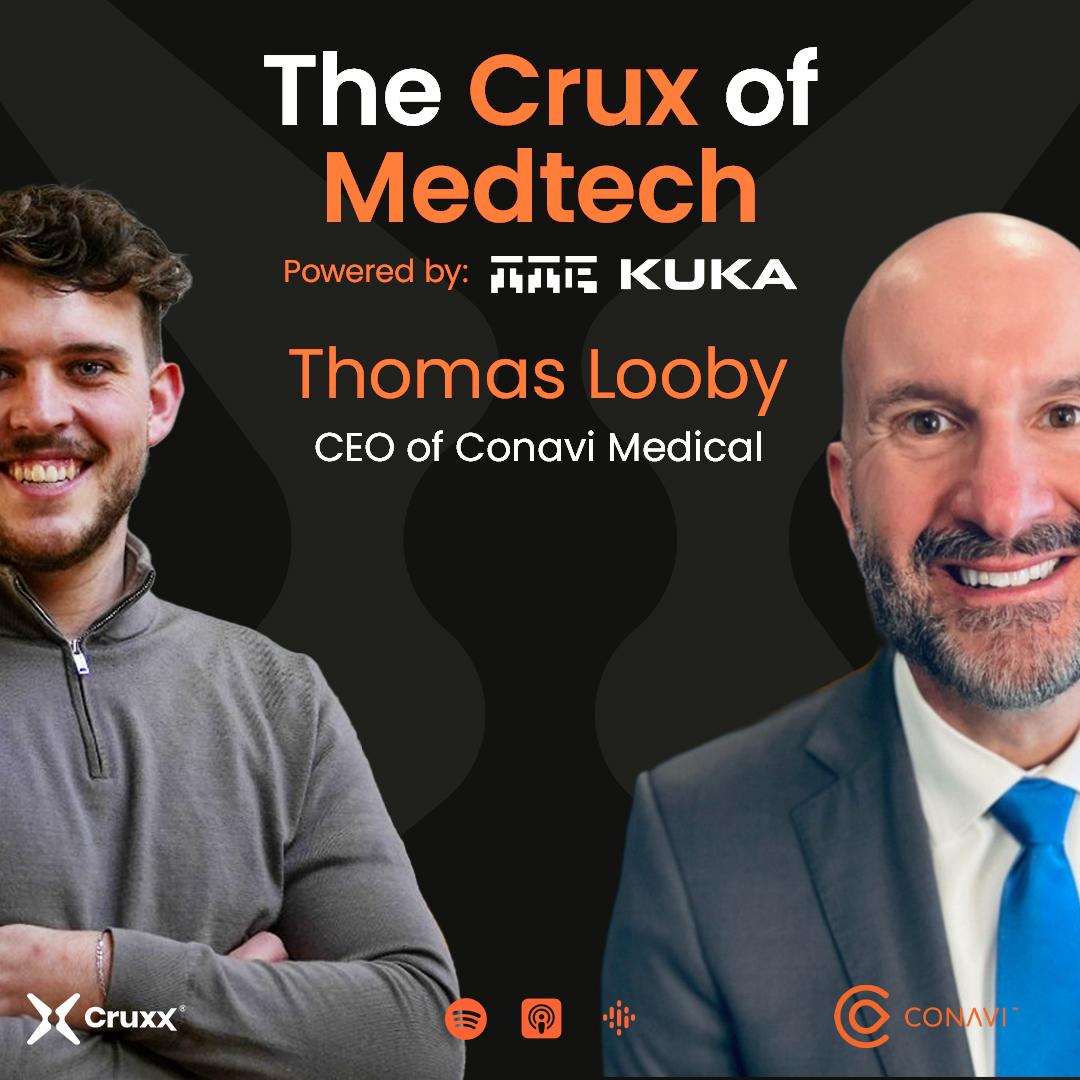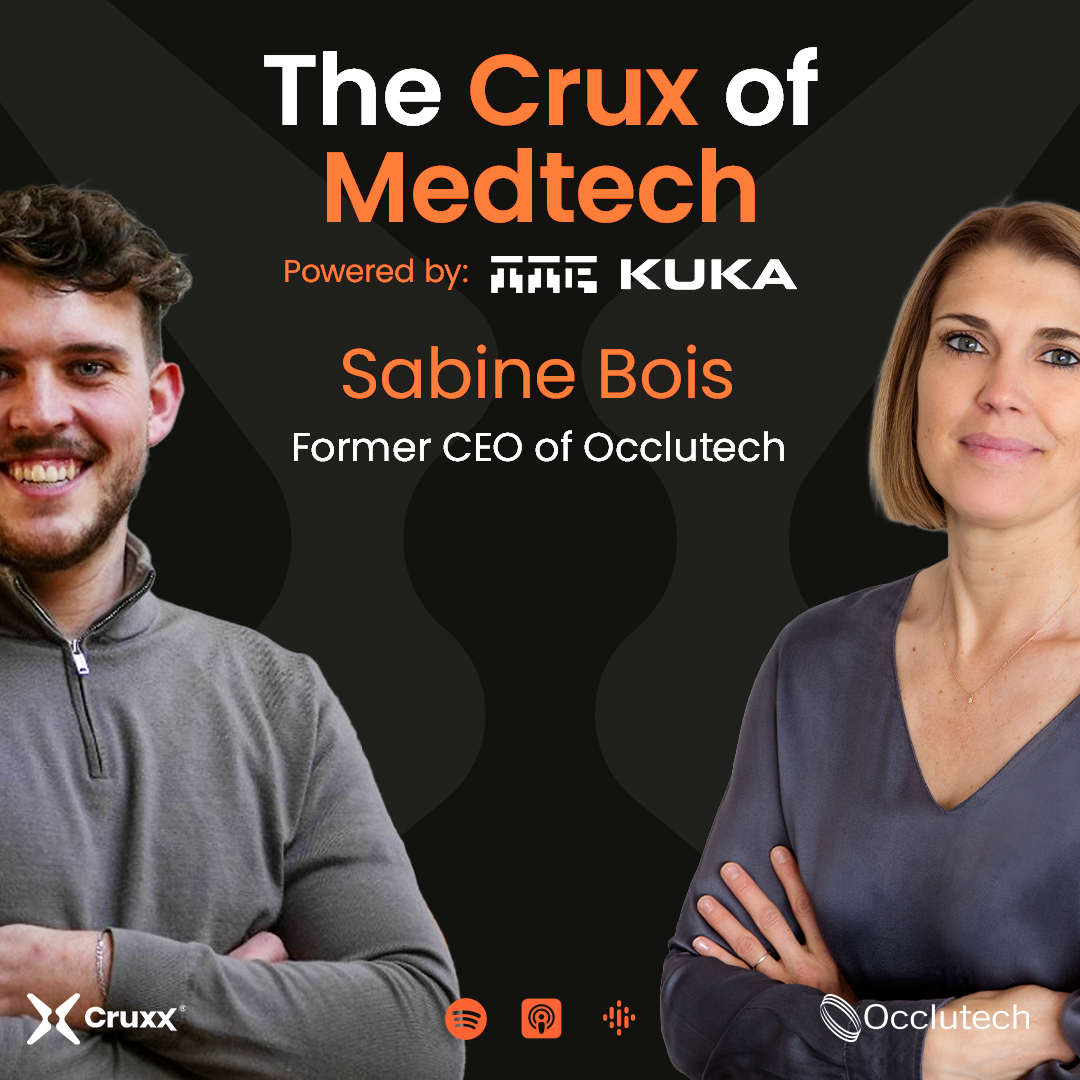The surgical robotics industry can be a lucrative space for investors. On Episode 11 of The Surgibots Podcast I had the pleasure of sitting down with Mercedes Tuin, a Venture Capital Investor at BOM, to discuss her involvement in the space. With a background in biomedical science and a passion for improving patients’ lives by translating academic research into products and services, Mercedes’ insights are incredibly valuable. Read on for her advice on assessing companies for potential investment.
What key ingredients are you looking for in surgical robotics companies when you come to invest?
There are three questions I ask. One is ‘Can we improve patient outcomes?’ The second is ‘Can we reduce the overall costs of surgery?’ And finally ‘Can we extend human capability?’ For several procedures there are very few people who are qualified to perform them, and it takes years and years of training and special instruments to do so. A lot of the procedures that require super micro surgical skills aren't being done because of the lack of qualified surgeons. Because there are few of these operations being done, there is not a huge amount of clinical evidence for it, but we can see a trend from patients that ther improves outcomes. Extrapolating that, we think that improving microsurgery and making it more widely available will improve patient outcomes.
When it comes to extending the capabilities of humans, that is where robotics come into play. Robots can make something easier or more accessible. That is what we think the strength of robotic surgery is and that is where we see the most gain. With microsurgery the limitation is in the surgeon's hands. If you can expand that capability with a robot and enable more surgeons to do more complex procedures, that would benefit patient outcomes because their procedure becomes more widely available.
When we think about reducing operating times, you need to consider the time it takes to set up the robot, to perform the surgery, then take the robot out again. Usually operating times go up. But, we think that is because it's part of the innovation and adoption rate. That is going to decrease. We're still at the early stages of surgical robotics innovation and adoption. Making procedures possible that aren't possible now accessible or making complex, difficult operations easier - that is where the win is.
That is how we assess our companies. We accept that there is a higher investment in the beginning, because we need a longer time for adoption and we're working with difficult technology. VCs are always a bit worried about capital equipment and long sales cycles, but in the end, this is where surgery has a lot to gain.
When you're assessing these investments, are there any common red flags that come up that instantly kill deals?
Nothing instantly kills the deal. We are typically of the mindset that something can be approached differently, so our question is ‘How can we do it?’ instead of ‘We're not touching ther’. If we see a red flag, the first question is always, ‘Can we mitigate ther?’ For example, if there's a red flag on the IP, we will talk to the IP people, maybe get a second opinion, and figure out if we can strengthen the portfolio. We really dive into considerations like ‘Are we willing to invest in the CEO?’ There are a few signs of crisis that would worry us, like a high turnover, inconsistency in the reporting, etc. If we see that, then we say ‘Okay, what is the root cause of this?’ Very often it's that the CEO and the founders who are not on the same page. We would talk to them, say, this is what we see. Do you agree? And if you agree, what can we do to fix it?’ If they don't agree, then that's where we start to think ‘Maybe this is not for us.’
Deal breakers are when people start being rigid in a negotiation. Then it's also a deal breaker for the other side, not just for us. Valuation can be a deal breaker for us, because we're a sovereign fund. But this doesn't happen very often. If there are investors involved who have a bad reputation, then we would rather walk away as well. If it's a lack of transparency, that’s a deal breaker for us too. We do a lot of diligence and negotiation before we move to the term sheet, so once we're in that phase there's not a lot of drop-out.
To learn more about investing in the surgical robotics industry, listen to Episode 11 of The Surgibots Podcast here.





